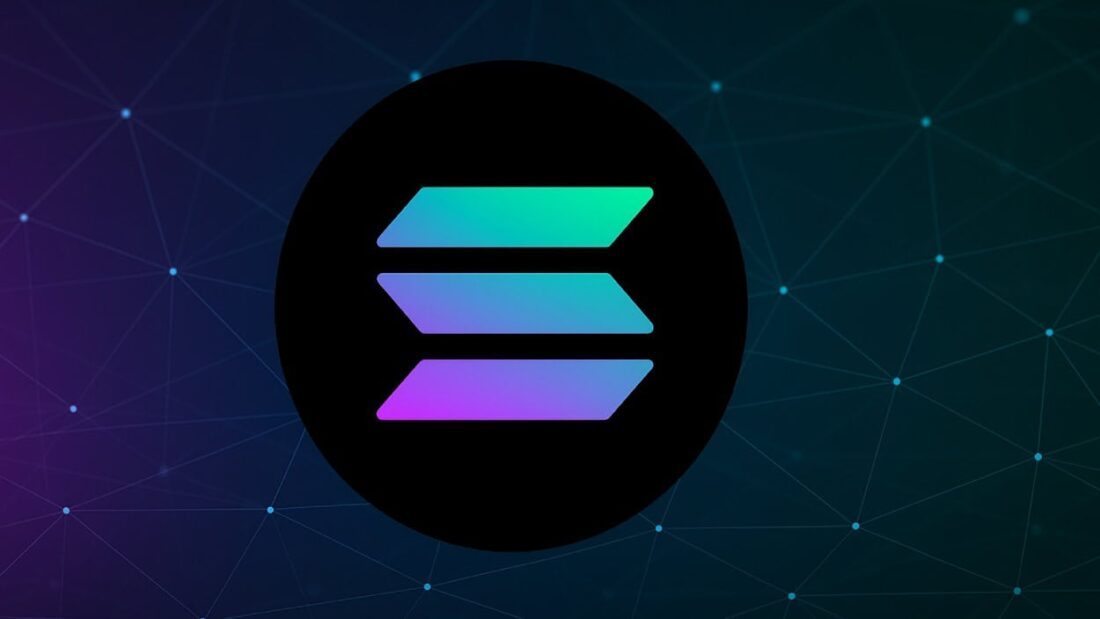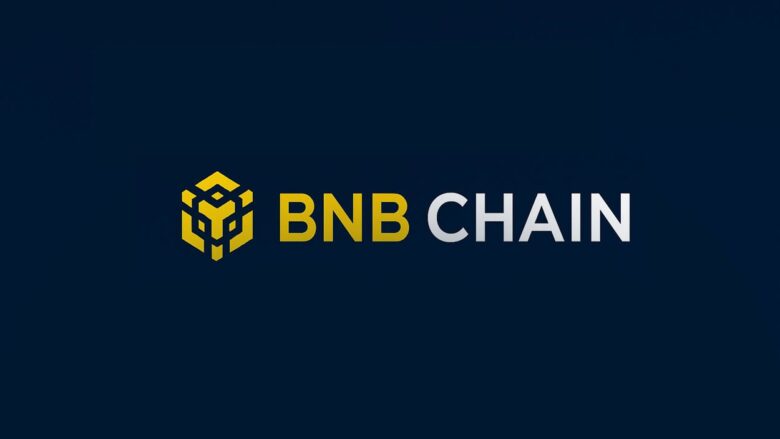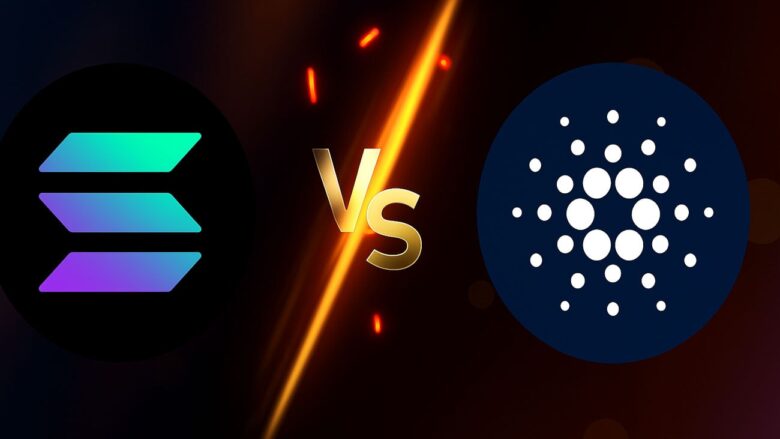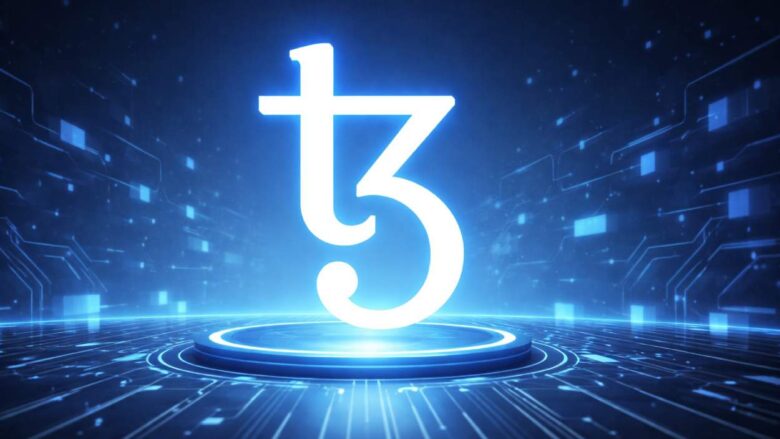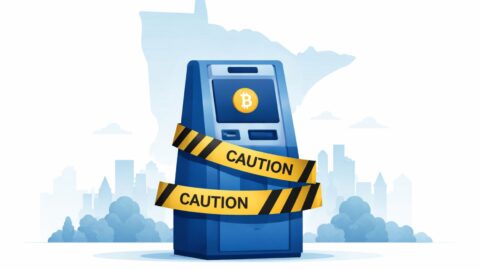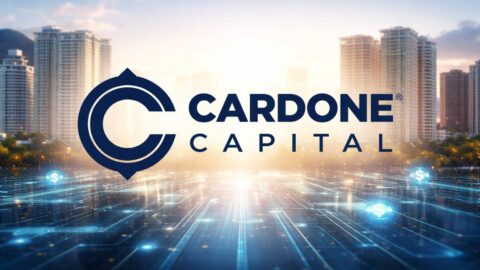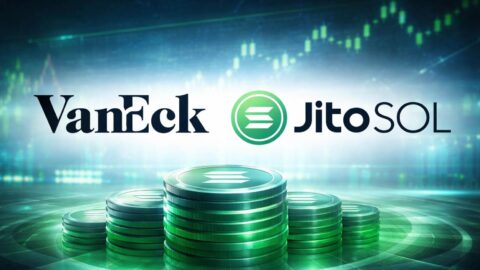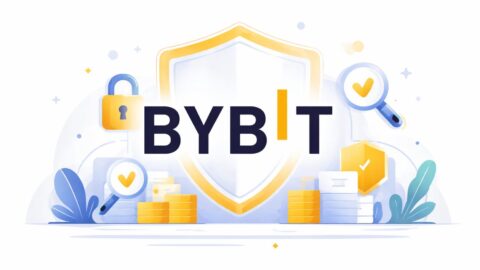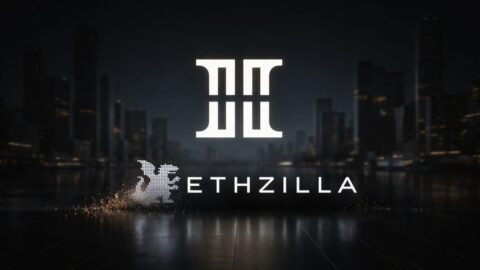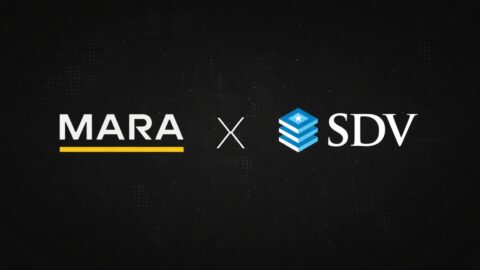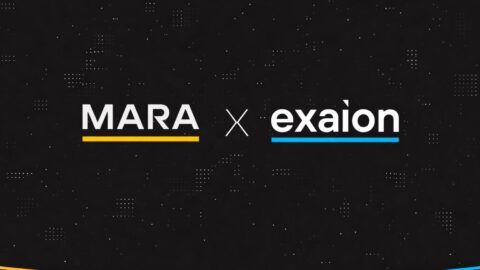Solana’s community has overwhelmingly approved the Alpenglow upgrade, paving the way for transaction finality as fast as 150 milliseconds.
Key Takeaways
- Over 99 percent of votes cast support Solana’s Alpenglow upgrade, which slashes finality from 12.8 seconds to 150 milliseconds
- The upgrade introduces new technologies, Votor and Rotor, replacing TowerBFT and proof-of-history
- Alpenglow could position Solana as the fastest layer-1 blockchain, rivaling traditional Web2 performance
- The vote reached quorum ahead of schedule, with final results expected at the close of Epoch 842 on Tuesday
What Happened?
The Solana network is on the brink of a major consensus overhaul as its community backs the Alpenglow proposal by an overwhelming margin. With voting set to close on Tuesday at 1 p.m. UTC, over 99.6 percent of cast votes have favored the change, easily surpassing the quorum threshold and making approval all but certain.
Anza’s @TheWattenhofer introduces Alpenglow 🌄, a new consensus protocol for Solana, live at Accelerate pic.twitter.com/NhtOWNyzhS
— Solana (@solana) May 19, 2025
Solana Targets Internet-Level Speed
Solana’s Alpenglow upgrade, first proposed by development firm Anza in May, aims to slash transaction finality from 12.8 seconds to approximately 150 milliseconds. That represents a nearly 100-fold increase in speed, bringing Solana’s responsiveness in line with, or even exceeding, services like Google Search.
This dramatic improvement is seen as the biggest protocol upgrade in Solana’s history, enabling real-time applications in sectors like gaming, finance, and communications. It also strengthens Solana’s bid to rival Visa and Mastercard in transaction processing speed.
How Alpenglow Works?
The Alpenglow protocol introduces two new core components:
- Votor: A direct-vote mechanism for finalizing blocks. It aims to finalize transactions in a single round if 80 percent of the stake participates, or in two rounds if 60 percent is responsive. This will replace the TowerBFT consensus.
- Rotor: A data dissemination system designed to improve how quickly all nodes reach agreement on the state of the blockchain. It will replace Solana’s proof-of-history timestamping.
These components are designed to keep validator costs predictable. Under the new model, each validator would pay a 1.6 SOL fee per epoch, about 80 percent of the current voting cost, with funds being burned to reduce inflation.
1/ Rotor is Solana’s new block propagation protocol introduced in the Alpenglow upgrade. It’s a single layer of relayers that replaces Turbine’s multi-hop, delivering blocks faster and more uniformly across the network 🧵 pic.twitter.com/0KhpLuLe8u
— Anza (@anza_xyz) August 13, 2025
Validators who abstain or vote inconsistently risk losing rewards or being removed from the active set. There are ongoing discussions in the community about introducing tiered fees based on stake size to ensure fairness.
Vote Breakdown and Community Support
The governance vote began on August 21 and will conclude with the end of Epoch 842. With two days still left at the time of reporting, 66.78 percent of eligible votes had been counted, with nearly all in support. The proposal only needed a 33 percent quorum and two-thirds majority, both of which have been exceeded.
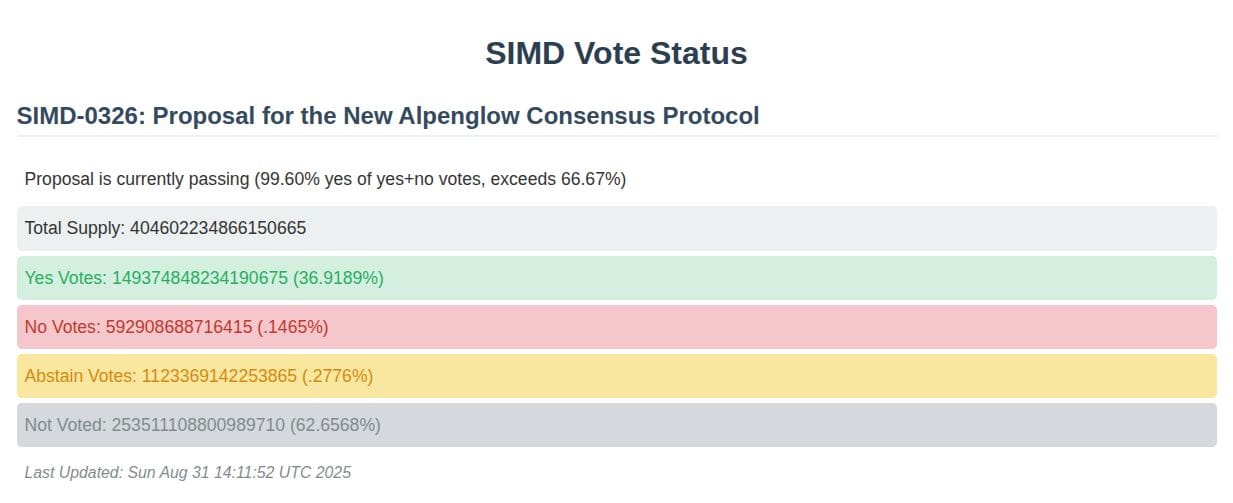
This level of backing reflects strong confidence among developers and validators. Many believe that sub-second finality is essential for Solana’s next phase of growth, especially for decentralized finance, gaming, and institutional-grade use cases.
The Broader Picture: Challenges and Complementary Solutions
While Alpenglow will greatly improve speed and responsiveness, it does not eliminate all risks, particularly network outages. Solana still relies heavily on its Agave validator client, which could become a single point of failure.
To address this, a new validator client called Firedancer, developed by Jump Crypto, is scheduled for release in late 2025. Firedancer aims to provide greater network resilience and diversity, complementing the improvements brought by Alpenglow.
CoinLaw’s Takeaway
I’ve been following Solana closely, and this upgrade is a serious milestone. Alpenglow is not just a speed boost, it’s a strategic shift that could unlock Web2-like performance on a decentralized network. In my experience, few blockchain projects commit to such transformative changes. Solana is showing it’s ready to play on the big stage. Real-time blockchain applications have always felt like a future dream, but this brings them into the present. Yes, there are still challenges like network outages, but with Firedancer on the way, even that’s being tackled. If Solana pulls this off, it won’t just be another fast blockchain, but it could redefine what users expect from Web3.

